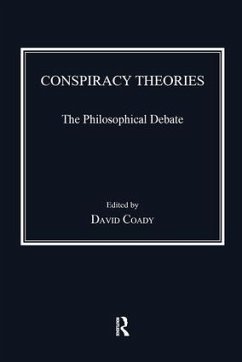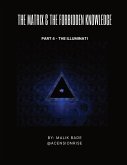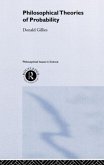Conspiracy theories have a bad reputation. In the past, most philosophers have ignored the topic, vaguely supposing that conspiracy theories are obviously irrational and that they can be easily dismissed. The current philosophical interest in the subject results from a realisation that this is not so. Some philosophers have taken up the challenge of identifying and explaining the flaws of conspiracy theories. Other philosophers have argued that conspiracy theories do not deserve their bad reputation, and that conspiracy theorists do not deserve their reputation for irrationality. This book represents both sides of this important debate. Aimed at a broad philosophical community, including epistemologists, political philosophers, and philosophers of history. It represents a significant contribution to the growing interdisciplinary debate about conspiracy theories.
Bitte wählen Sie Ihr Anliegen aus.
Rechnungen
Retourenschein anfordern
Bestellstatus
Storno









